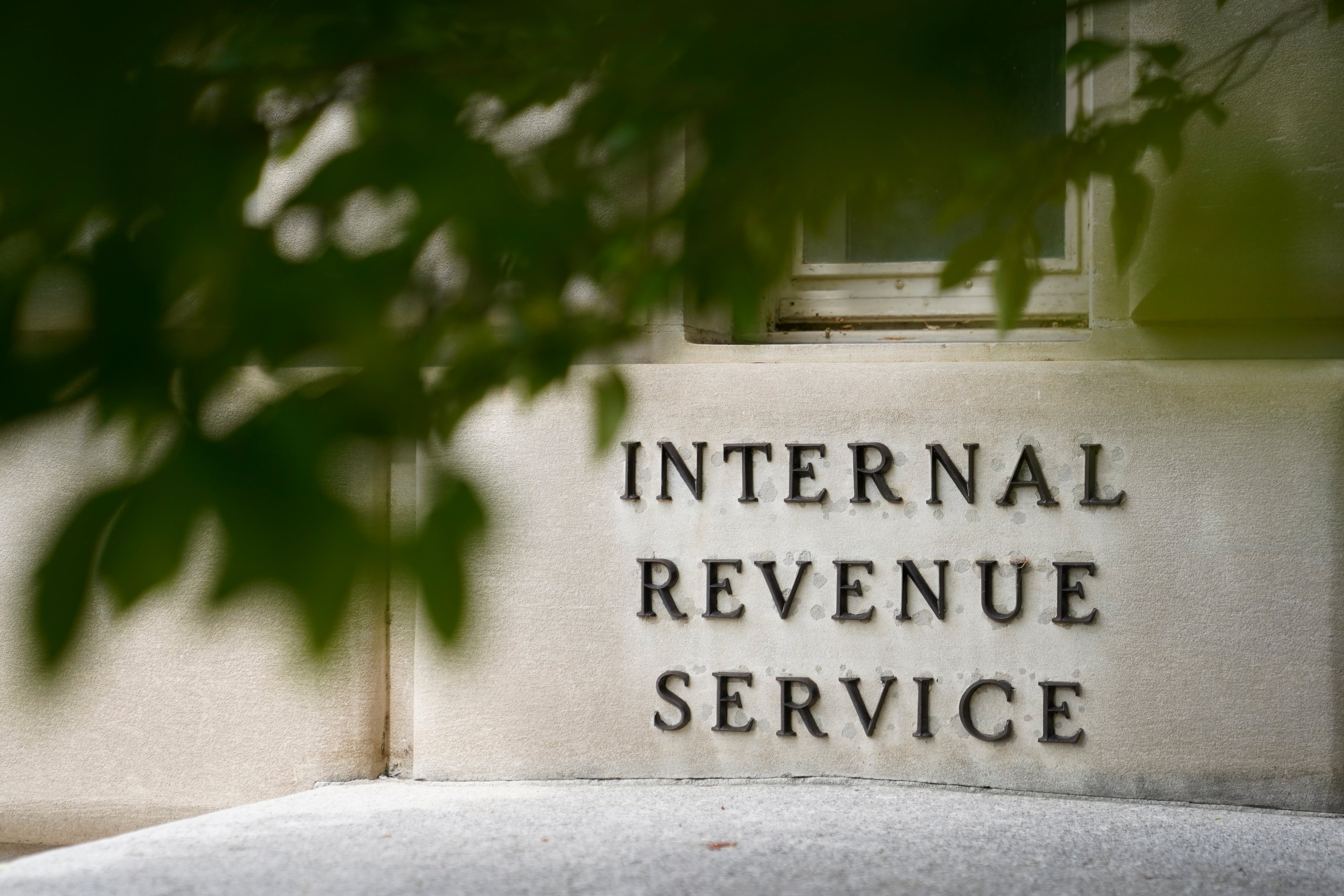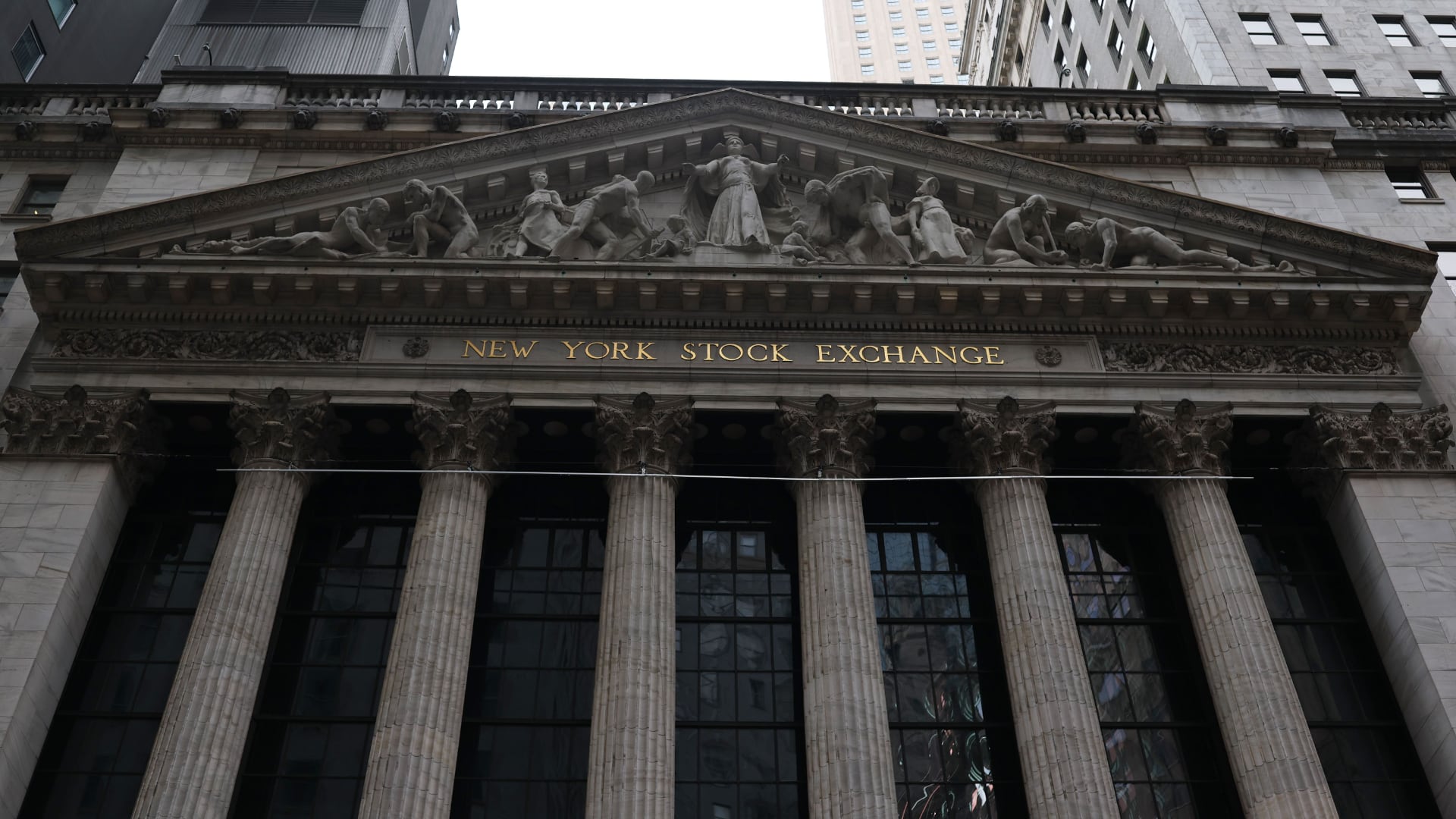Lemonade Inc. saw its stock price double Thursday following an IPO that raised $319 million for the online home insurance provider.
The New York City-based company touts its recent vintage and digital focus as a potentially huge advantage in an industry dominated by legacy companies.
"I think that the 21st century has seen so many dramatic shifts just in how the world operates that a lot of incumbents that were founded in the era of the horse-drawn carriage are finding that the assets that they've accumulated over the last century-plus are revealing themselves to be liabilities," co-founder and CEO Daniel Schreiber told Cheddar. "If you got tens of thousands of brokers as a distribution model, is that an asset or is that really a liability? If you've got tech that's been building layer-upon-layer since the 1970s and '80s, is that an asset or a liability?"
Founded in 2015, Lemonade has benefited from considerable private investment, including a $300 million funding round led by SoftBank in 2019, as interest in technology-driven insurance companies, or "insurtech," has grown among investors.
Its main selling point, according to Schrieber, is how the company was built atop what he calls "digital substrate."
"For a company like ours, built from scratch, every license, every line of code in the 21st century for the 21st century, that gives us a bunch of tailwinds," he said.
Lemonade currently offers only homeowners and renters insurance, but it's looking to expand into other areas that appeal to its largely millennial clientele.
The natural next step is pet insurance, said Schrieber, who noted that a half a million Lemonade customers are pet owners. While common in Europe and other parts of the world, U.S. pet owners generally skip it, he added.
"We found a market that is potentially huge, very important to our customer base, and entirely neglected by the industry at-large," he said. "Those are the kind of situations that make the eyes pop."
One potential risk outlined in Lemonade's IPO filing was the current lack of profitability, though Schrieber stressed this was a result of heavy, long-term investments.
"We do think that this is probably the cheapest time in maybe the next 100 years to build the kind of company that we want to build," he said. "There is a window of opportunity where we think we can do a lot of the product building, business building, brand building that we want to do. That window doesn't stay open indefinitely, so making big, bold investments will hopefully produce returns for decades."












